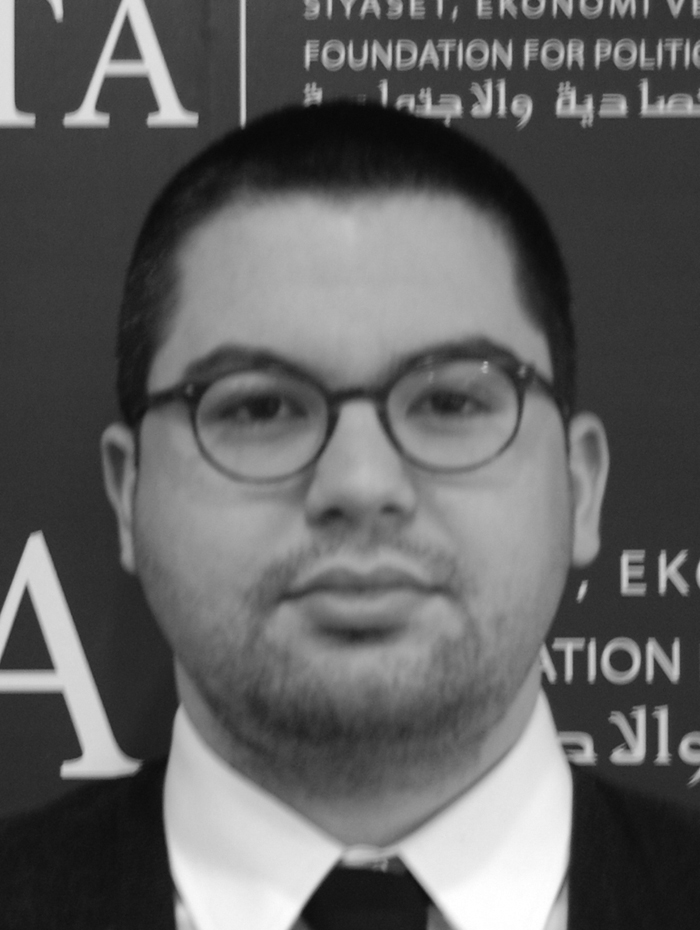Kurdistan Workers’ Party (PKK) militants kidnapped Hüseyin Aygün, a deputy for Turkey’s main opposition Republican People’s Party (CHP), on Sunday as the Tunceli representative traveled through his electoral district.
The event represents a break from the PKK’s tradition of non-aggression towards deputies at a time when the CHP has adopted a considerably more liberal stance with regards to the Kurdish issue. Despite the challenging period ahead, the CHP must continue its campaign for a peaceful resolution to the issue as well as for democratic reforms.
The targeting of CHP deputy Aygün caught the public by surprise as both the politician and his party are unlikely targets for militant Kurdish nationalists. The CHP, in light of recent changes in its leadership, has significantly altered its long-standing approach to the Kurdish question over the past few years. Once staunch opponents of the democratic reform agenda -- including the Justice and Development Party’s (AK Party) 2009 Kurdish initiative -- the CHP has witnessed party chairman Kemal Kılıçdaroğlu announce that his party would not oppose steps to place PKK leader Abdullah Öcalan under house arrest or to offer amnesty to PKK militants. Furthermore, the CHP has authored a 10-step plan for the peaceful resolution of the Kurdish problem and has sent groups of deputies to conflict zones such as Şemdinli, where security forces and PKK militants have been engaged in a violent confrontation. The party most recently called for the reconvening of Parliament for an emergency session in order to discuss recent developments -- a move that was supported by the Peace and Democracy Party (BDP) but that caused the ruling AK Party as well as the Nationalist Movement Party (MHP) to object.
Against the background of the CHP’s rapid transformation in its stance vis-à-vis the Kurdish question, Aygün stood out as an exemplary figure who accused Kurdish militants of resisting peace initiatives and intimidating civilian political actors. On the other hand, the deputy has been an outspoken advocate for Kurdish language education among other democratic reforms. The Tunceli representative’s role in addressing the role of the single party regime in the infamous Dersim massacre of 1937-38 and related atrocities led Prime Minister Recep Tayyip Erdoğan to offer an official apology to victims and their descendants in November 2011.
An important distinction to make, therefore, is that the PKK targeted a politician whose track record resembles one of a BDP member rather than an average CHP deputy. The militants’ move against a pro-democracy actor indicates that moves by center parties to appeal to Kurdish voters significantly threaten the PKK’s influence over these voters. In other words, the armed militants have made it clear they will not stand idly by as the Kurdish question, once the exclusive domain of extremists, becomes more and more accessible to mainstream political actors.
The kidnapping also represents a major challenge for the agenda of the “new CHP,” which has made the party considerably more amenable to democratic reforms. Already under attack from hawkish CHP members who lost ground to a rising elite of moderates, the CHP leadership is now left with a difficult decision. If Kılıçdaroğlu and the rest of the CHP high command hesitate over their reform agenda, they will risk sending mixed messages to an already confused CHP electorate. On the other hand, if Turkey’s “new CHP” can overcome the challenge at hand, it may have a chance at convincing Kurdish voters who have thus far remained indifferent regarding the party’s transformation to support the party.
Todays Zaman (15.08.2012)<img src="/../../../../../../Ups/uzman_resim/107









